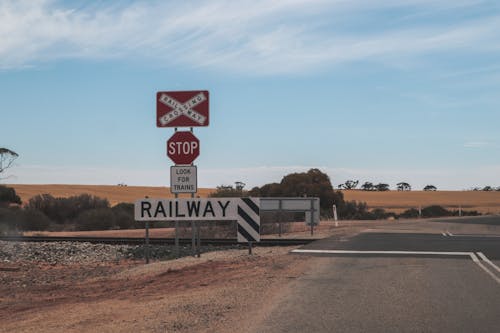
In recent times, the phrase "Trump Crosses a Crucial Line" has taken on a deeply concerning significance. This sentiment, echoed by Tom Nichols and others, paints a picture of Donald Trump not just as a political figure, but as someone who's arguably veering towards fascist tendencies. Nichols, in his article referenced on Political Wire, brings to light a key observation: Trump leads a discontented GOP, yet falls short of shaping a coherent, disciplined, and impactful movement. This, however, doesn't diminish the gravity of his actions and words.
Trump's base, a mixture of ardent supporters and those perhaps influenced by right-wing propaganda, often rallies behind his extreme rhetoric. But the alarming part is that many of them might be either unaware or in denial of the true implications of his words. Nichols goes as far as to suggest that Trump has abandoned any pretenses of democratic values, which is a bold and unsettling claim.
A report from The New Civil Rights Movement website further sheds light on this issue. It zeroes in on Trump's increasingly menacing rhetoric, particularly his comments about General Mark Milley, the former Chairman of the Joint Chiefs of Staff. Trump suggested that in another era, Milley would have faced execution for treason due to his call to China - a call that was actually sanctioned by the White House. This accusation from Trump labels Milley's actions as a betrayal, but it's crucial to understand the context: Milley was ensuring China that the U.S. had no plans for a surprise attack.
Laurence Tribe, a respected legal scholar, adds another layer to this discussion. Tribe categorizes Trump's remarks as potentially criminal, especially his suggestions to "go after" Attorney General Letitia James. Such comments, according to Tribe, could be seen as inciting violence, a far cry from the permissible bounds of free speech. This has led some to describe Trump's tactics as "puppetmaster terrorism," where he indirectly but effectively signals targets to his supporters.
These developments signal a significant shift in Trump's approach, alarming legal experts, political commentators, and the general public alike. The underlying concern is not just about the nature of his rhetoric, but also about its potential to incite violence and undermine democratic norms.
As we continue to witness these unfolding events, it's crucial to maintain a vigilant and critical perspective. Understanding the implications of such rhetoric and its effects on societal and political dynamics is key. One can't help but wonder, where do we draw the line between free speech and dangerous incitement? How do these developments affect the fabric of American democracy? These are questions that not only require answers but also demand a collective reflection on the direction in which political discourse is heading.